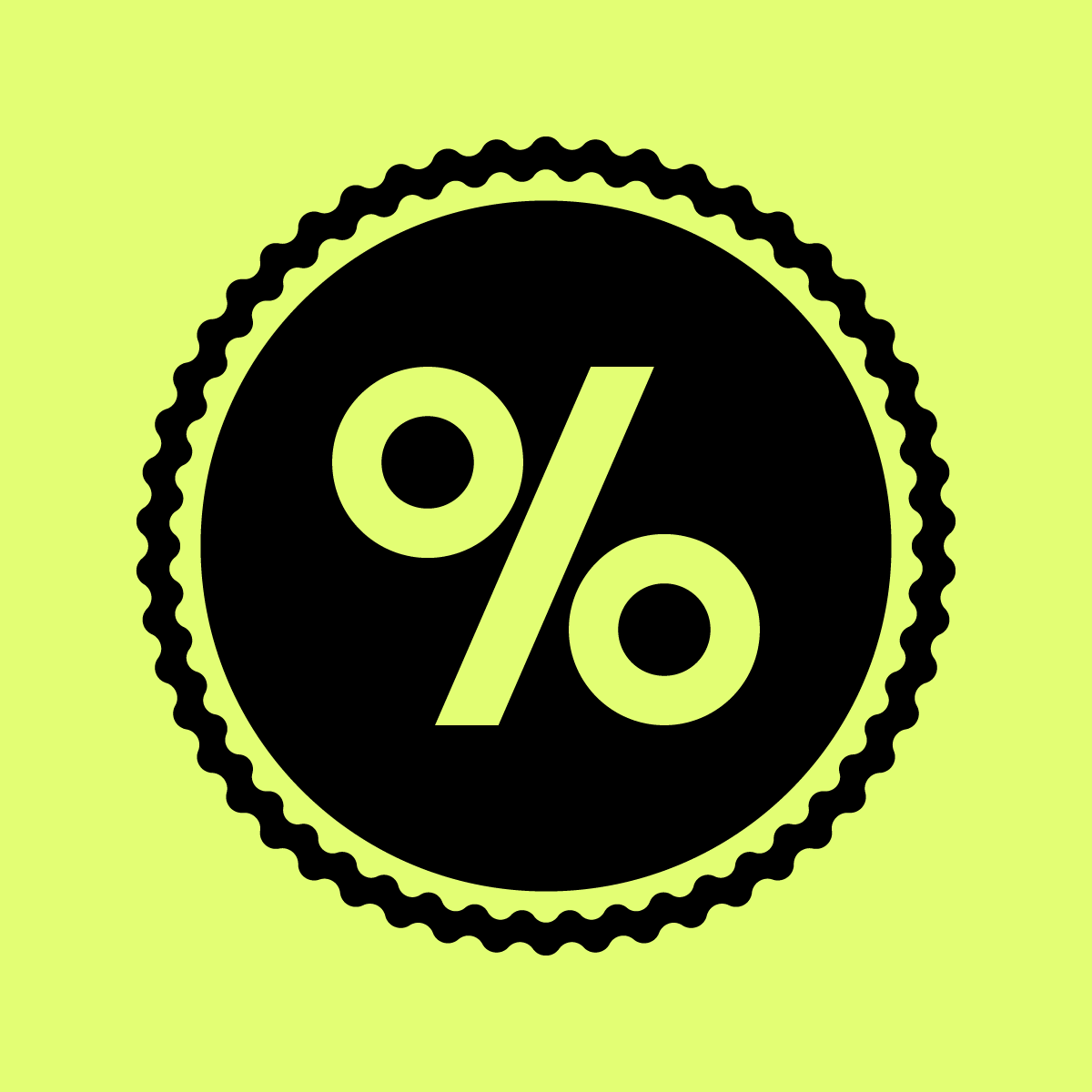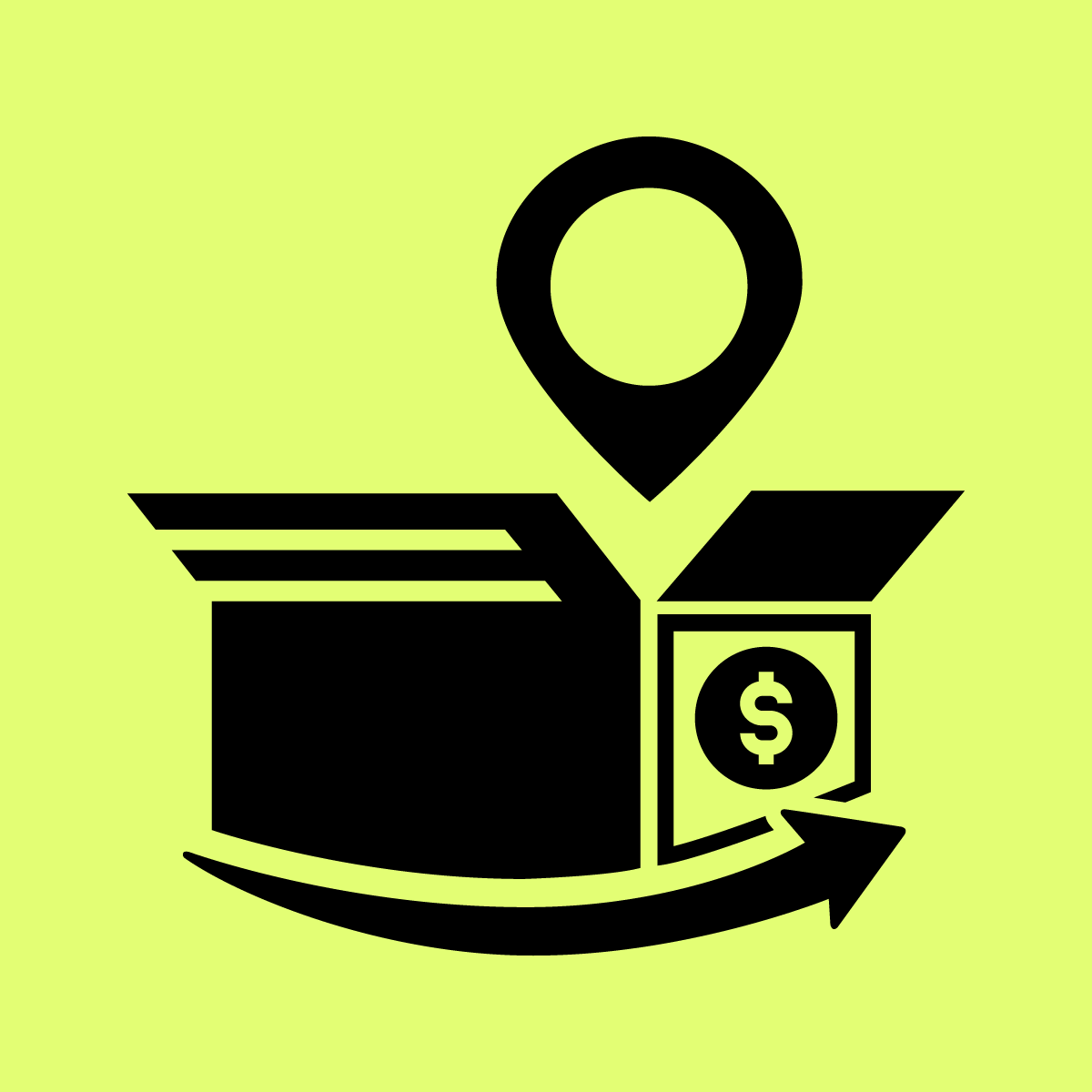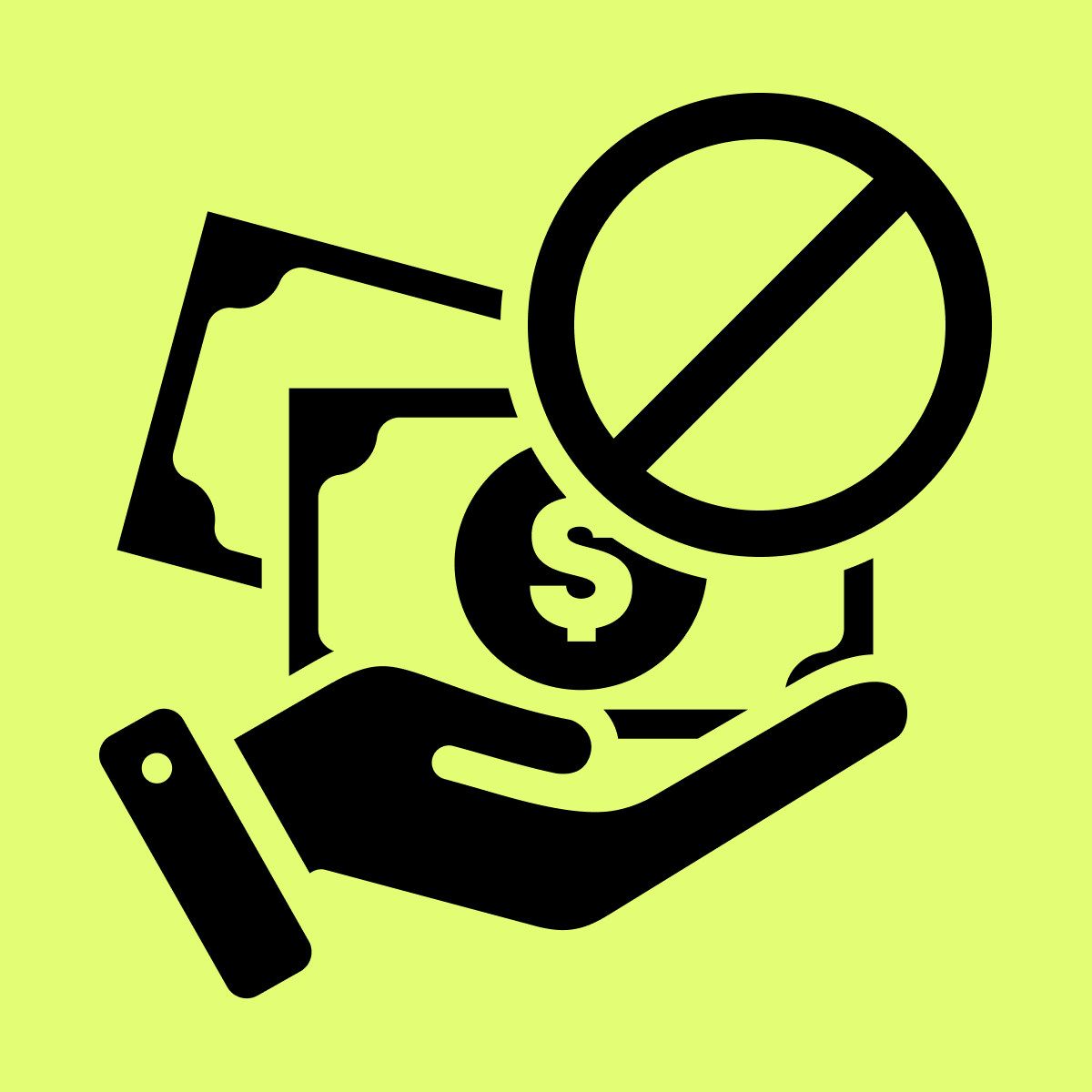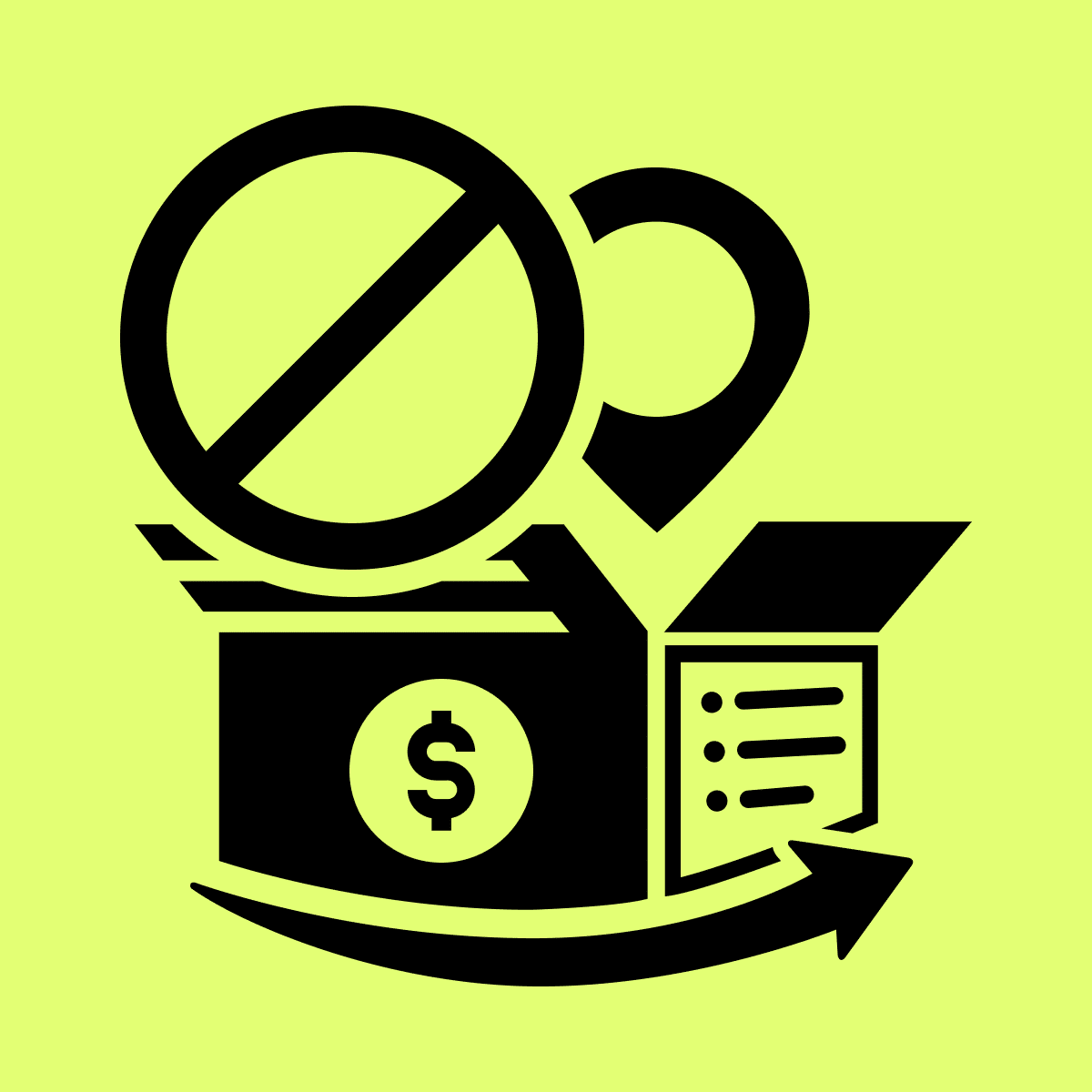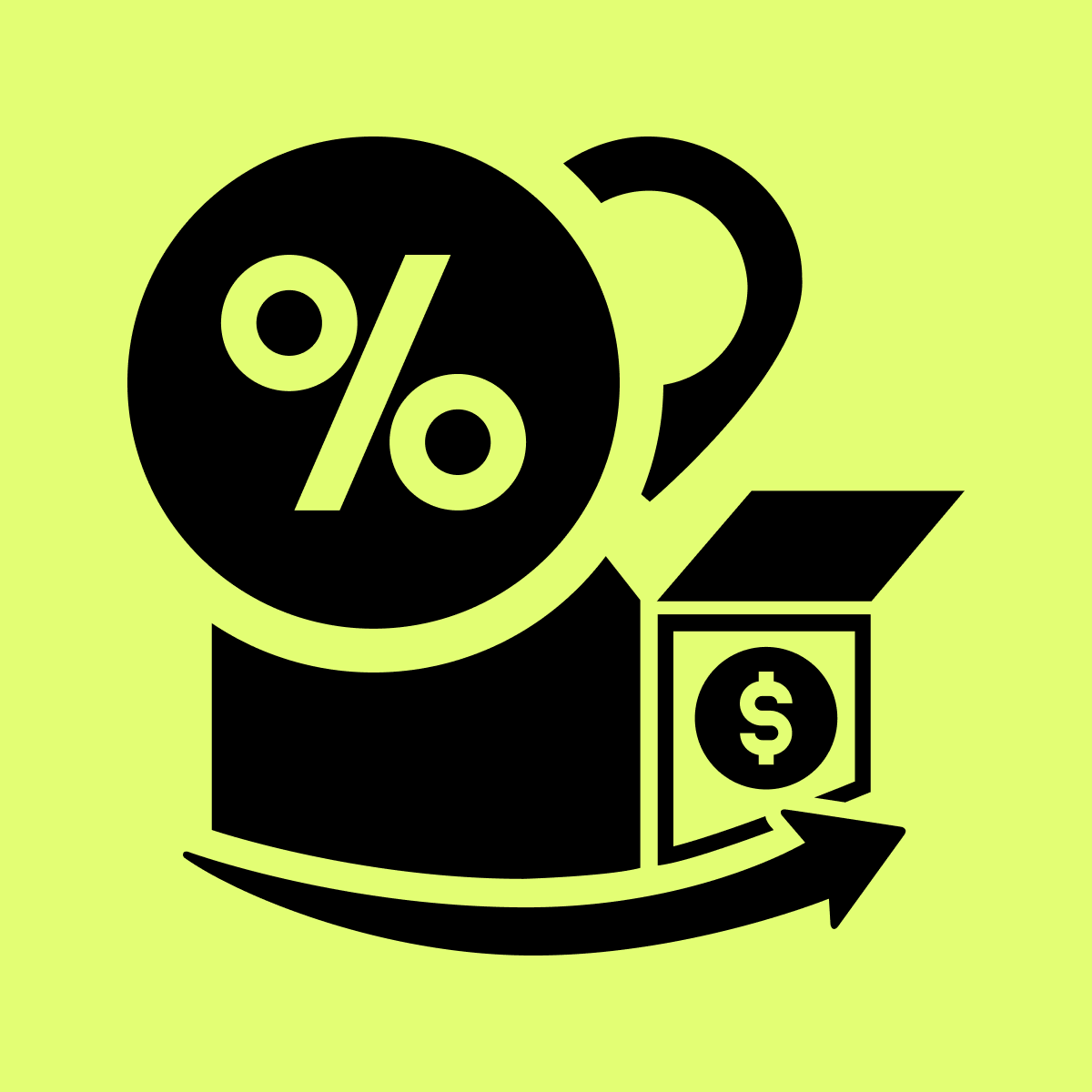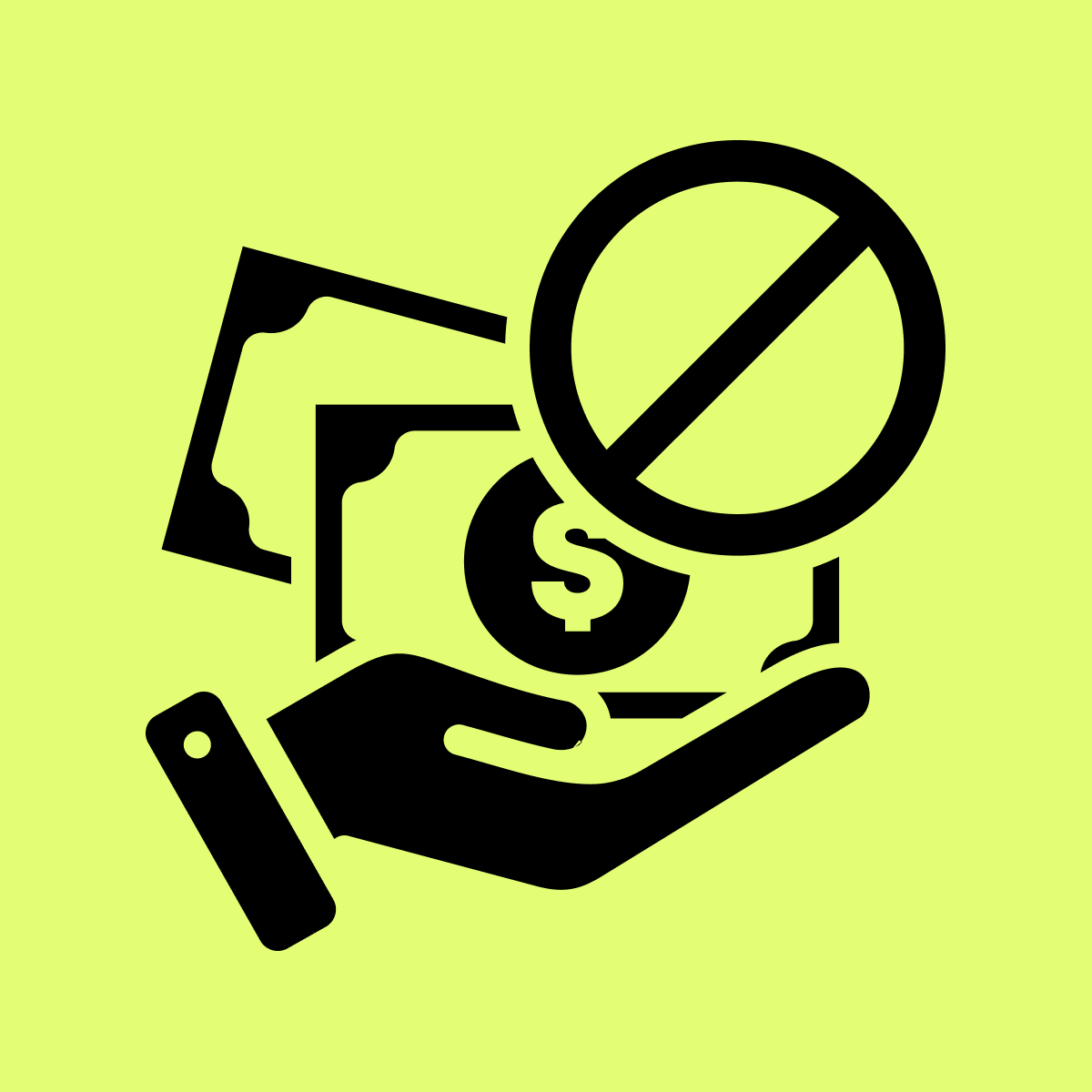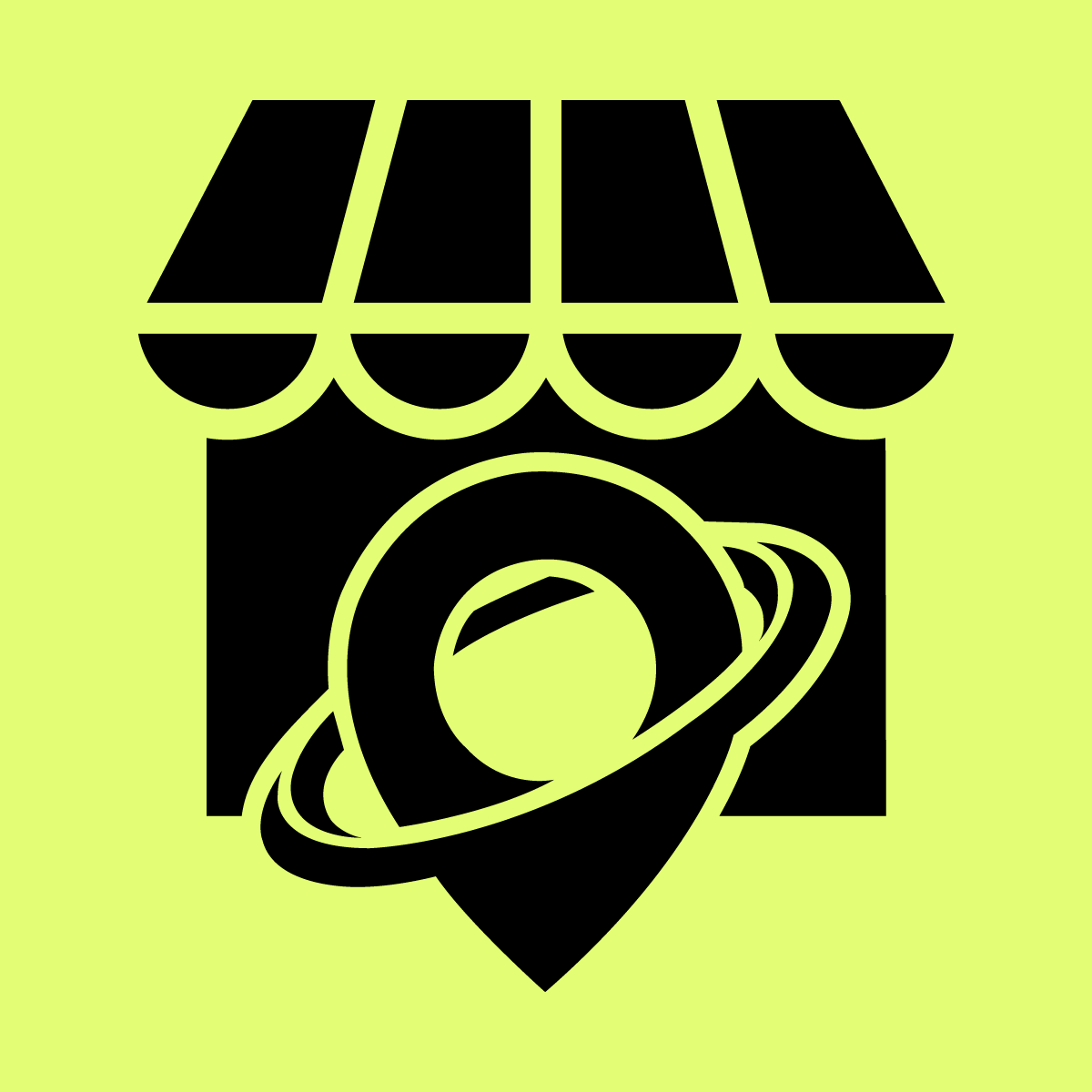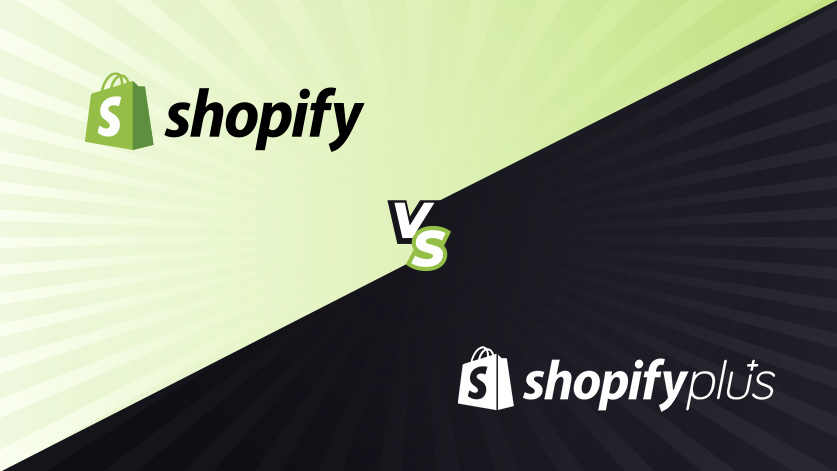Are you deciding between Shopify vs Shopify Plus?
Among eCommerce websites, Shopify has a sizable market share. Shopify sites are in the top one million most visited websites on the internet every day. The bulk of these businesses is utilizing one of Shopify’s three primary plans (Basic, Shopify, and Advanced), although some have opted for the Shopify Plus enterprise plan.
Shopify’s basic package is a great option for individuals and small businesses that want to sell online. If you’re a major corporation with millions of dollars in revenue, though, you might desire a more customized experience. That’s where Shopify Plus comes in – it’s a more advanced Shopify in a nutshell.
Shopify Plus offers personal support, enhanced functionality, access to your store’s underlying code, extra integrations, and more.
Contents
hide- 1. What's the difference between Shopify vs Shopify Plus Features
- 2. Features of Shopify Plus
- 2.1 A specialized account manager
- 2.2 Staff Accounts With No Limits
- 2.3 More Control Over the Payment Process
- 2.4 Additional API Integrations
- 2.5 Apps that are Unique
- 2.6 Connecting to Existing Platforms
- 2.7 Wholesale Channels
- 2.8 Merchant Success Program
- 2.9 Access to other resources that are only available to you
- 2.10 Multiple Stores can be Managed from a Single Dashboard
- 2.11 Multiple Stores Create with Shopify Plus
What’s the difference between Shopify vs Shopify Plus Features?
Shopify Plus essentially includes everything from a standard Shopify Subscription and a few extras. Instead of focusing on similarities, we will show you how to tell the difference between Shopify vs Shopify Plus features by emphasizing the additional key features and the benefits of Shopify Plus and the main differences between the two platforms.
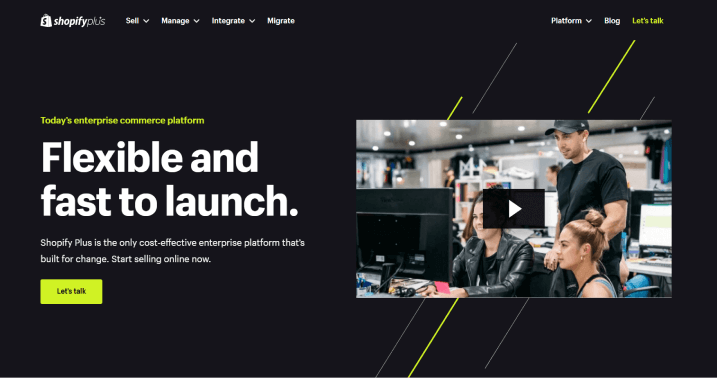
With Shopify Plus, you gain some new features and advancements…
1. A specialized account manager (Engineer/Launch Manager):
Customers can contact Shopify by phone, email, or live chat. If things are too difficult for you, you can hire Shopify experts.
Shopify Plus, on the other hand, provides your store with specialized and dedicated assistance. It allocates a Launch Engineer to your website to guide you through the store setup and migration process.
A launch engineer will be available to help you identify third-party coordinators or partners to collaborate on specific projects for your firm.
2. Staff Accounts With No Limits:
When comparing Shopify vs Shopify Plus, consider staff accounts. Basic Shopify Subscriptions allow only a limited number of staff accounts.
Shopify Plus, on the other hand, allows you to create an unlimited number of staff accounts as well as additional authoritative options.
You will be able to grant access to your online store to as many people as you like on your team. You will also have more control over worker activities as your store manager.
Also Read: How to Change Shopify Theme Easily Without Losing Content
3. More Control Over the Payment Process:
Shopify Plus Features lets you customize your checkout process based on the contents of your shopping cart or any other status.
Users can also access Shopify Scripts. You have extra flexibility on payment methods, payment options with client information, and a script editor.
To change the checkout process in Shopify, you will need to apply certain applications.
4. Additional API Integrations:
Third-party applications can be integrated with any website through the API.
Shopify Plus features include additional API resources such as Giftcard, User, and Multipass to help users get the most out of third-party applications.
Gift cards are a form of alternative payment if you don’t know. When visitors use the Multipass login, they are easily transferred to your Shopify store (without separate login credentials and without the need to synchronize any customer database).
Using User API capabilities, you can add, remove, edit, and retrieve information about staff accounts.
Shopify Plus features also allow you to connect with third-party apps and create your own private apps.
Also Read: Shopify vs. WooCommerce: Which is Perfect For Your eCommerce Store?
5. Apps that are Unique:
Shopify Plus members additionally have access to some special Shopify apps that aren’t available to ordinary Shopify users via their app store:
1. The script editor is responsible for creating customized shopping cart/checkout experiences. Customers can add discounts or change shipping and payment options using a short line of codes, reducing shopping cart abandonment.
2. Shopify Flow is an eCommerce automation software. Using a simple visual builder helps automate various customer-facing procedures and office processes within your business and across your apps.
It remembers and executes triggers, terms, and actions that you set out to perform in many activities, such as sending requests to recruit and rearrange loyal customers. All of this is done without the need for any code on your part.
3. The Wholesale channel is one of the most popular aspects of Shopify Plus. This is beneficial to those who have a big volume of B2B sales.
4. Using the Transporter app, you can import customer, product, and order information into your Shopify store. This facilitates the exchange of client information between retailers.
5. To invite your clients imported from another platform or store to activate their accounts for your online business, use the Bulk Account Importer. This feature comes in handy when you import customer accounts from another platform or store.
6. Connecting to Existing Platforms:
While you can connect an unlimited number of apps to your Shopify store, it may make more sense for high-growth and complicated enterprises to integrate with their existing platforms. Using Shopify’s API is doable.
Platforms for the following are examples:
- Third-party logistics (3PL)
- Customer relationship management (CRM)
- Product information management (PIM)
- Enterprise resource planning (ERP)
- Inventory and Order Management (IMS and OMS)
- Warehouse management software (WMS)
7. Wholesale Channels:
This is another aspect of the Shopify vs. Shopify Plus Wholesale Channel comparison.
As your company expands you will attract customers who want to buy from you in bulk. It is also reasonable to assume that the enterprise-level platform will facilitate wholesale sales.
Wholesale Channel allows you to create another, password-protected site based on your online store. This implies you can offer wholesale buyers special wholesale-only products or the same products at exclusive wholesale prices.
You can also provide custom price lists or promotional coupons. Shopify Plus merchants can, in short, issue invoices, track orders, access current product data and connectivity, and manage both B2C and B2B entities from a single dashboard.
8. Merchant Success Program:
Shopify Plus offers Merchant Success Programs to help users get the most out of the platform. They may assist you with third-party integrations, products, and platforms, as well as training to help you maximize your potential. You will be assigned a Merchant Success Manager who will help you with everything you need.
Aside from 24/7 assistance, the staff is ready to help you at Shopify Plus Partners.
9. Access to Other Resources that are Only Available to You:
Shopify Plus subscribers have more access than the Merchant Success program.
They can also use the following resources:
- You have the opportunity to join a special beta program.
- A Facebook community where you can interact with other Shopify Plus users and share your experiences.
- You may locate Technology, Agency, and Solution Partners in our Partner Directory.
- Access to the Shopify Plus Academy, which provides training on how to use the platform.
10. Multiple Stores can be Managed from a Single Dashboard:
Shopify Plus users can now manage all their stores, analytics, staff accounts, user permissions, and automation tools (like Shopify Flow) from a single dashboard.
This dashboard provides a comprehensive view of your organization, stimulates collaboration, and improves automation. This is especially true if you are overseeing a large number of businesses or locations.
Also Read: How to Create a Shopify Store for your eCommerce Business
11. Multiple Stores Created with Shopify Plus:
Shopify Plus enables you to construct numerous stores for different areas, ensuring that your site is accessible and user-friendly to all audiences, regardless of their location.
Shopify Plus allows users to construct up to 9 extra stores in addition to their main store, for a total of 10 stores.
